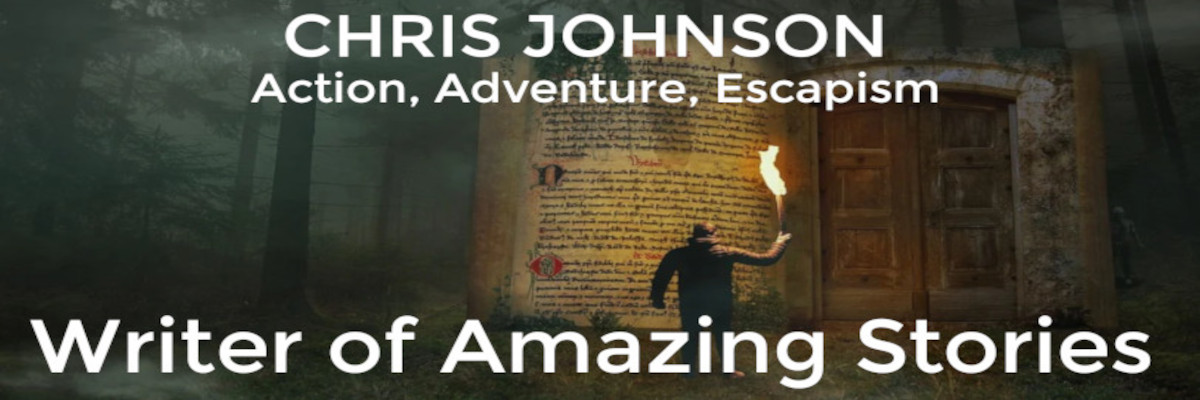As a performer, originality is a big thing. Ask a songwriter or poet. Ask a comedian or even a magician. We each have our signature moves or pieces because they help us stand out from the crowd. Because although we are a community and love each other, we still compete hard with each other. Originality is important. It's like a fingerprint.
When we hear of someone else performing something we created, a strange feeling comes over us.
Years ago, I created a performance piece and crafted it around something that happened in my childhood. I named my childhood friend in its storyline, telling how we played noughts and crosses together in class instead of studying. My friend has since died, so a lot of love for my friend exists in the performance because I remember those good old days.
Then I received an email from a client in South Australia. "I saw this kid perform this illusion of yours here. He even uses the same scripting." My client included a YouTube link, which my copycat had created and claimed as his own.
I felt like someone extract my guts through my nostrils! Some punk had stolen my work. I didn't mind him performing it, but he included the story of my friend and me as if it was his to tell!
So I contacted him. We argued back and forth until I pulled out the legal card. By all means perform it, but if you don't change the names, your arse is mine to force through the blender. Give me credit.
He realised his error, and he apologised. We've grown a semblance of a friendship since.
Now, the other day, another writer asked me about using lyrics in her novel. She told me the song and how she believed it would fit in her book. I think it's a lovely idea. But she wanted to know the legal way to do it.
If only the young man I mentioned earlier had done that!
And the antagonist in my upcoming release of Demon Blade hums and croons a tune too, every time he stalks and kills a victim. It's the last thing they hear before they die.
How do I go about getting that permission?
The answer is simple. No, you don't include lyrics in your work without permission. Someone else wrote them, someone else placed a lot of effort into creating it, and you can end up in big trouble.
Maybe you can escape notice for some time before people catch up, but do you really want Sir Paul McCartney picking up your book and loving it... until he sees the lyrics for Live And Let Die laughing back at his face?
Who do you ask for permission? The singer and writers? Well, you could ask, they might give it to you. But they're not the ones who won't come grabbing for your wallet via your jugular.
You need to ask the publishers, the writers, the co-writers, etc. They will charge your for it. Sometimes it's a lot of money. Other times, it's not. Usually, they charge you per copy you expect to sell.
That is, they may charge you something like $5 per copy for 1,000 copies for a whopping total of $5,000. But if you only sell twenty copies, you have 980 x $5 to recoup.
It's expensive.
No, you're better using something that's public domain, written before 1923.
But that's too far back! I don't want to use crappy songs from the days of Greensleeves!
Then write your own lyrics. Change the lyrics. You're a writer. Write.
Alternatively, you can mention titles. So far, titles are non-copyrightable (unless you use the word Cocky in them since someone decided to trademark that). You can mention the character walking into a bar where the musician played a ragtime version of a Beatles tune - similar to how Stephen King wrote The Gunslinger from his Dark Tower series.
If you want to use the lyrics of a copyrighted song, you can look it up here at: https://www.ascap.com/Home/ace-title-search/index.aspx or http://www.bmi.com/search or http://www.sesac.com/Repertory/RepertorySearch.aspx or (in Canada)https://www.socan.ca/controller?modulePageName=repertoirePage&subPage=pubRepertoireSearch&searchOption=b&language=en&session=skip
My further advice, before you find a legal shark coming up your drain, is to research the hell out of it. Or find a lawyer/solicitor of your own.
Have fun!



No comments:
Post a Comment